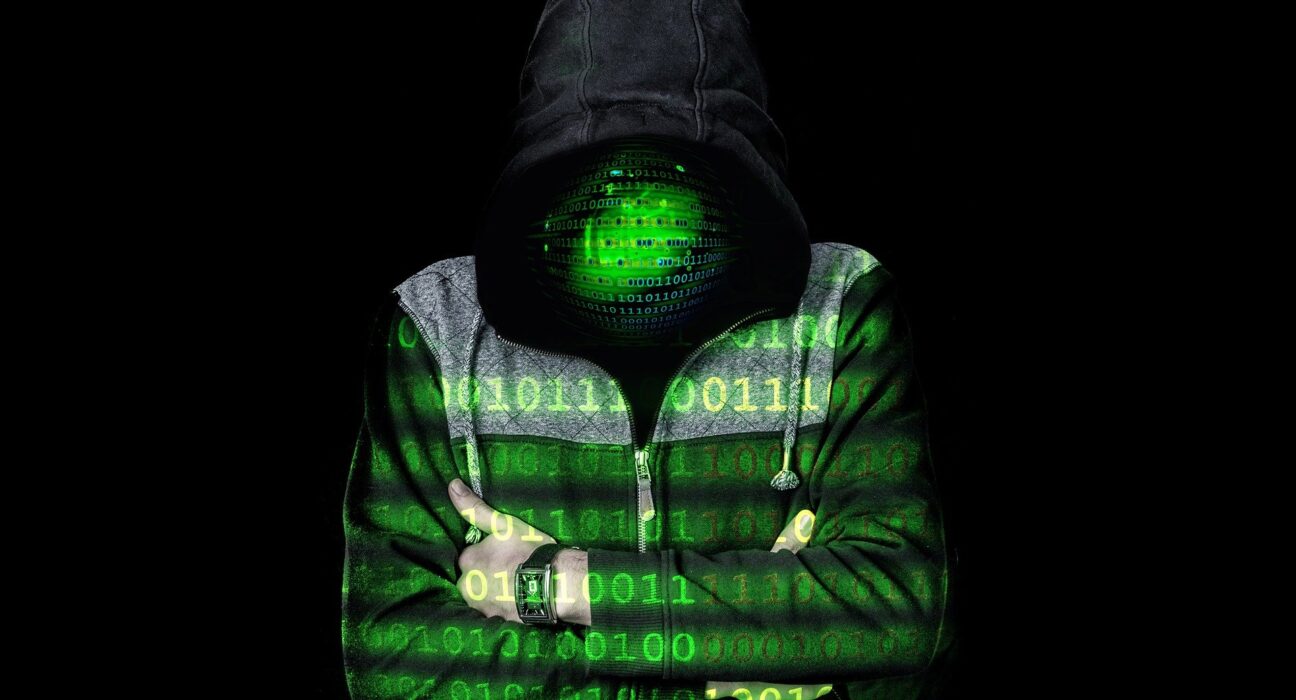Dark Web Credentials: Over 15 Billion Exposed
The dark web has become a marketplace for stolen information, with over 15 billion credentials, including banking details, corporate accounts, and subscription services like Netflix, available for purchase or even free. This alarming statistic represents a 300% increase in exposed data since 2018, signaling an escalating cybersecurity crisis.
These leaked credentials expose users to risks ranging from minor inconveniences, such as losing access to a streaming service, to devastating financial losses through compromised banking details. The proliferation of these credentials highlights the urgent need for individuals and organizations to adopt stronger cybersecurity measures.
Hackers Exploit Weak Passwords
According to recent research, one of the primary reasons for the surge in leaked credentials is the prevalence of weak, non-complex passwords. These passwords can be easily cracked, allowing hackers to gain access to sensitive information with minimal effort.
Accounts using weak passwords are often sold for free or at negligible costs on the dark web, fueling the rapid circulation of compromised data. This creates a domino effect, where leaked credentials can be used to launch more sophisticated cyberattacks, including phishing schemes and ransomware operations.
Corporate Networks Are the Prime Target
While personal accounts like Netflix subscriptions are frequently hacked, the most valuable credentials involve access to corporate networks. These accounts command higher prices on the dark web due to the potential for large-scale financial gains.
Brett Callow, a threat analyst at Emsisoft, highlights the gravity of the situation:
“An enormous number of users’ credentials are exposed on a daily basis in a myriad of ways, from phishing to malware attacks to data breaches. The consequences of exposure may be minor, such as in the case of leaking Netflix logins, or extremely serious – leaked banking credentials, for example.”
The Economics of Stolen Data on the Dark Web
Interestingly, the cost of stolen credentials on the dark web varies significantly based on the perceived value of the data. For instance:
- Netflix Accounts: Often sold for as little as $1, as they represent low-stakes access.
- Corporate Credentials: Can fetch thousands of dollars, especially if they provide access to high-revenue companies or sensitive financial systems.
- Banking Details: Typically priced higher due to their direct financial implications.
The low average cost of credentials contrasts starkly with the potential profits hackers can generate, making this a lucrative business for cybercriminals.
What This Means for Users and Organizations
The rise in stolen credentials underscores the growing threat of cyberattacks. Users must prioritize online security, including:
- Using Complex Passwords: Incorporate a mix of letters, numbers, and symbols to deter hackers.
- Enabling Multi-Factor Authentication (MFA): Adds an additional layer of security by requiring a secondary verification step.
- Monitoring Data Breach Alerts: Tools like Have I Been Pwned can alert users if their credentials have been compromised.
Organizations, on the other hand, must implement robust cybersecurity measures, such as:
- Regularly updating and patching software to eliminate vulnerabilities.
- Training employees to recognize phishing attempts and other cyber threats.
- Investing in advanced cybersecurity tools to detect and prevent breaches.
Conclusion: The Growing Threat of Dark Web Credentials
The circulation of over 15 billion credentials on the dark web is a stark reminder of the vulnerabilities in today’s digital landscape. From personal subscriptions to high-value corporate accounts, no data is immune from the threat of exploitation.
As cybersecurity challenges grow, individuals and organizations must take proactive steps to protect their information. Strengthening passwords, enabling multi-factor authentication, and staying informed about the latest threats are critical in mitigating risks.
To learn more about the innovative startups shaping the future of the crypto industry, explore our article on latest news, where we delve into the most promising ventures and their potential to disrupt traditional industries.
Disclaimer: The information provided is not trading advice, Bitcoinworld.co.in holds no liability for any investments made based on the information provided on this page. We strongly recommend independent research and/or consultation with a qualified professional before making any investment decisions.




